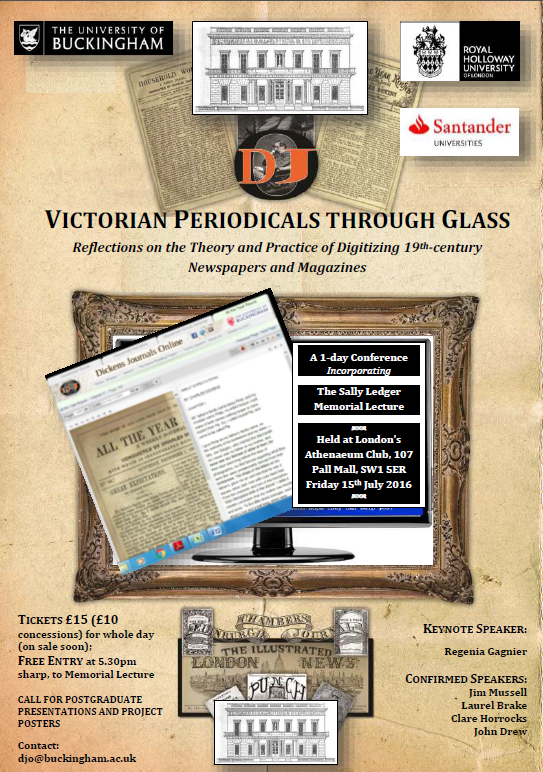Vasari Digital Animation Series: Joey Holder and Candida Powell-Williams
Friday 2 February 6:30 – 9:00
In collaboration with the Vasari Research Centre for Art and Technology
Artists Joey Holder and Candida Powell-Williams both use animation to explore the relationship between digital and biological forms. Holder’s work considers the structures and hierarchies of the technological and natural worlds, and how these systems are constantly abstracted. Powell-Williams’ practice merges sculptural installations, performance and GIFs, using them to address the construction of identity through objects and memory.
Following screenings of work by both artists, Holder and Powell-Williams will discuss hybrids, molluscs, fantasy and the interplay between the digital and the corporeal in their work.
Joey Holder is a London based artist who received her BA from Kingston University (2001) and her MFA from Goldsmiths (2010). Her artistic practice and research spans video and multimedia installations both online and offline. Her work raises philosophical questions of our universe and things yet unknown, regarding the future of science, medicine, biology and human-machine interactions. Working with scientific and technical experts she makes immersive, multi-media installations that explore the limits of the human and how we experience non-human, natural and technological forms. Mixing elements of biology, nanotechnology and natural history against computer programme interfaces, screen savers and measuring devices, she suggests the impermanence and inter-changeability of these apparently contrasting and oppositional worlds: ‘everything is a mutant and a hybrid’. Connecting forms which have emerged through our human taste, culture and industrial processes she investigates complex systems that dissolve notions of the ‘natural’ and the ‘artificial’. GM products, virtual biology and aquatic creatures are incorporated into an extended web; challenging our perception of evolution, adaptation and change. By contrasting so-called ‘organic’ and ‘man-made’ substances and surfaces through a series of abstractions, she creates a world of manifold layers, none more unified or natural than the next. These hybridities may suggest a particular function or natural form but remain elusive through their odd displacement.
Recent
solo/duo exhibitions include ‘SELACHIMORPHA’, Photographers Gallery, London (2017), ‘Ophiux’, Wysing Arts Centre, Cambridge (2016), ‘TETRAGRAMMATON’, LD50, London (duo w/ John Russell) (2016), ‘Lament of Ur’, Karst, Plymouth (duo w/ Viktor Timofeev) (2015);
‘BioStat.’, Project Native Informant, London (2015) and ‘HYDROZOAN’, The Royal Standard, Liverpool (2014). Recent group exhibitions include ‘HYDROZOAN’ at the 7th Moscow International Biennale Of Contemporary Art, Russia (2017), ‘WALLPAPERS’ at New Forms
Festival, Canada (2017), ‘Designing Desire’ at FACT, Liverpool, UK (2017), ‘Alien Matter’, Transmediale, Berlin (2017), The Noise of Being, Sonic Acts, Amsterdam (2017), ‘Winter is Coming’, Georg Kargl, Vienna (2016), ‘The Uncanny Valley’, Wysing Arts Centre,
Cambridge (2015); BODY HOLES, New Scenario, online exhibition at the 9th Berlin Biennale, Berlin, Germany (2016), ‘Sunscreen’, online and at Venice Biennale (2015); ‘A Plague of Diagrams’, ICA, London, UK (2015), ‘#WEC- Whole Earth Catalyst’, The Composing
Rooms, Berlin, Germany (2015); ‘h y p e r s a l o n’, Art Basel Miami, USA (2014); ‘Vestige: The Future is Here’, Design Museum, London (2013) and ‘Multinatural Histories’, Harvard Museum of Natural History, Massachusetts, USA (2013).
http://www.joeyholder.com/index.php/2017/porphyrin/
Candida Powell-Williams lives and works in London. She graduated from the RCA, London in 2011. Selected exhibitions include: ‘Boredom and its Acid Touch’, Frieze Live (2017); ‘Tongue Town’, Museum of Modern Art, São Paulo; ‘Cache’, Art Night, London (2017); and ‘Coade’s Elixir’, Hayward Gallery, London (2014). In 2013 Powell-Williams was awarded the Sainsbury Scholarship at BSR, Rome. She is currently artist in residence the Warburg Institute London.
https://www.candidapowell-williams.com
Elizabeth Johnson is an Associate Research Fellow in the Vasari Centre for Art and Technology, Birkbeck
.
.
Category: Archived Events
.
Tags: animation, BIMI, Birkbeck Institute for the Moving Image, Candida Powell-Williams, Digital, film, Film Media and Cultural Studies, FMACS, Joey Holder, Media, Vasari Centre


